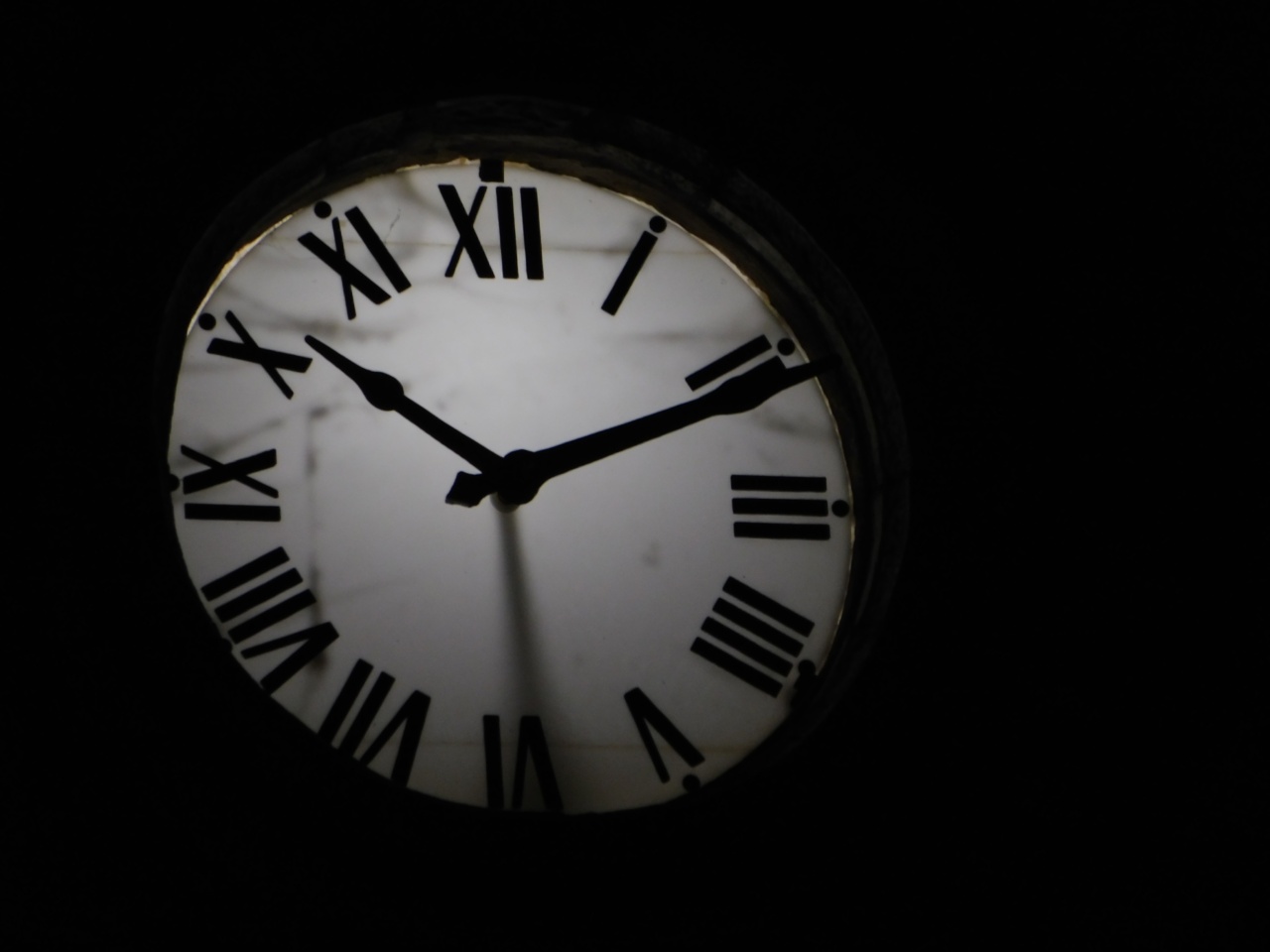Endometriosis is a common yet often misunderstood condition that affects women of all ages. It is a chronic disease in which tissue that should normally grow inside the uterus grows outside of it, causing pain and discomfort.
The symptoms of endometriosis can range from mild to severe, and they often mimic those of other health conditions, which can make it difficult to diagnose. If you are experiencing any of the following signs of endometriosis, don’t delay in seeing a doctor.
1. Pain with menstruation
A common sign of endometriosis is pain with menstruation. This can be mild to severe and may feel like cramping, sharp stabbing pain, or a dull ache in the lower abdomen or lower back.
2. Pain during ovulation
Another sign of endometriosis is pain during ovulation. This pain may be similar to menstrual pain, but it occurs mid-cycle when you are releasing an egg from the ovary.
3. Pain during intercourse
If you experience pain during intercourse, this could be a sign of endometriosis. This pain can occur deep inside the pelvis and may be felt during or after sex.
4. Painful bowel movements
Endometriosis can also cause painful bowel movements, especially during menstruation when the tissue outside the uterus may become inflamed and swell.
5. Painful urination
Similarly, endometriosis can cause painful urination during menstruation. This is because the inflamed tissue may press against the bladder or urethra, causing discomfort.
6. Heavy bleeding during menstruation
Another sign of endometriosis is heavy bleeding during menstruation. This bleeding may last longer than your usual period and may require you to change your sanitary products more frequently.
7. Irregular periods
Endometriosis can also cause irregular periods. You may skip periods or have them more frequently than usual. Your periods may be shorter or longer than you expect.
8. Infertility
Endometriosis is a leading cause of infertility in women. If you have been trying to conceive for a year or more without success, endometriosis may be the cause.
9. Fatigue
Many women with endometriosis report feeling tired or fatigued even when they are getting enough sleep. This may be due to the body’s immune response to the inflamed tissue.
10. Nausea and vomiting
Endometriosis can cause nausea and vomiting, especially during menstruation when pain and discomfort can be at their worst.
11. Diarrhea or constipation
Some women with endometriosis may experience diarrhea or constipation during menstruation. This is due to the inflammation and swelling that occurs in the pelvis.
12. Bloating
Bloating is another sign of endometriosis. This may occur throughout your menstrual cycle, but it is most common during menstruation.
13. Trouble sleeping
Endometriosis can make it difficult to fall or stay asleep due to pain or discomfort. This can affect your quality of life and overall wellbeing.
14. Anxiety and depression
Chronic pain and discomfort can take a toll on your mental health. Many women with endometriosis report feeling depressed, anxious, or stressed as a result of their symptoms.
15. Pain in other areas
Endometriosis can cause pain in areas outside of the pelvis, such as the lower back, hips, thighs, or legs.
16. Headaches or migraines
Some women with endometriosis may experience headaches or migraines, especially during menstruation when pain and inflammation can be at their worst.
17. Allergies or hypersensitivities
Endometriosis has been linked to allergies or hypersensitivities to certain foods, chemicals, or environmental factors. This may be due to the body’s immune response to the inflammation and swelling that occurs with the condition.
18. Acne or skin problems
Endometriosis has also been linked to acne or other skin problems, possibly due to hormonal imbalances caused by the condition.
19. Pelvic pain at other times of the month
You may experience pelvic pain or discomfort at other times of the month, not just during your period or ovulation.
20. Pain during exercise
If you experience pain or discomfort during exercise, this could be a sign of endometriosis. This pain may occur in the pelvic region or other areas of the body.
21. Pain when sitting
If you experience pain or discomfort when sitting for extended periods, this may be a sign of endometriosis. This pain may be localized to the pelvis or may be felt in other parts of the body.
22. Painful periods that affect your daily life
If your periods are so painful that they affect your daily life, this is a sign that something is wrong. This could be endometriosis or another health condition that needs to be addressed.
23. Pain after medical procedures
If you experience pain or discomfort after medical procedures such as a pelvic exam or Pap smear, this may be a sign of endometriosis.
24. Pain with bowel movements during menstruation
If you experience pain or discomfort with bowel movements during menstruation, this could be a sign of endometriosis. This pain may be due to inflammation and swelling that occurs in the pelvis.
25. Painful ovaries
If you experience pain or discomfort in your ovaries, this may be a sign of endometriosis. This pain may be felt during ovulation or at other times of the month.
26. Painful bladder
If you experience pain or discomfort in your bladder, this may be a sign of endometriosis. This pain may occur during menstruation or at other times of the month.
27. Painful rectum
If you experience pain or discomfort in your rectum, this may be a sign of endometriosis. This pain may occur during menstruation or at other times of the month.
28. Painful vagina
If you experience pain or discomfort in your vagina, this may be a sign of endometriosis. This pain may occur during intercourse or at other times of the month.
29. Painful cervix
If you experience pain or discomfort in your cervix, this may be a sign of endometriosis. This pain may occur during intercourse or at other times of the month.
30. Painful pelvis
If you experience pain or discomfort in your pelvis, this may be a sign of endometriosis. This pain may be localized to the pelvis or may be felt in other areas of the body.
Don’t Delay Seeing a Doctor!
If you are experiencing any of the signs of endometriosis, it’s important to see a doctor as soon as possible. Endometriosis is a chronic condition that requires proper medical treatment.
By working with your doctor and developing a treatment plan that works for you, you can manage your symptoms and improve your quality of life.






























